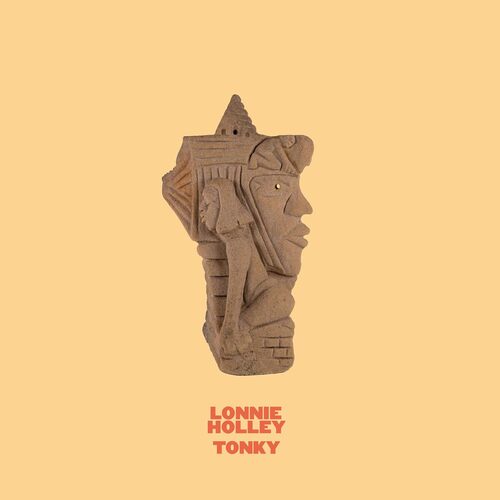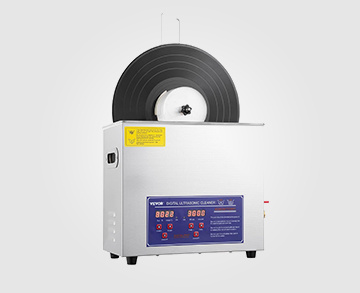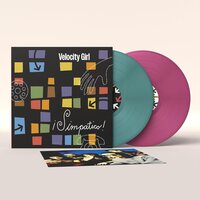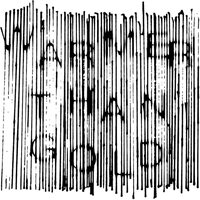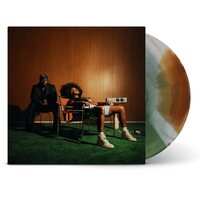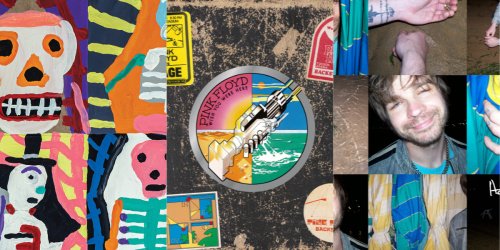There are poets like the great Mary Oliver, who mightsuggest that one's primary function when moving through theworld, for as long as they have life and the ability to move throughthe world, is to play close attention to that which others may foolishlycall small, or quotidian. The brain and heart are both containers, withas much space as you wish for them to have, and to live is to createcollections of found affections. Sounds from your beloved andfamiliar blocks, movements of the trees and the people beneaththem, the way someone you adore may hold you for a few lingeringseconds before releasing from a hug and vanishing into a crowdedcrosswalk. To think of our living, our making, and our loving in thisway means that, at least for some of us, we may be propelled forwardby the prospect of what's next. What moment we can hold and placein our overflowing pockets.The work of Lonnie Holley is, for me, a work of this kind ofaccumulation and close attention. The delight of finding a soundand pressing it up against another found sound and another until,before a listener knows it, they are awash in a symphony of soundthat feels like it stitches together as it is washing over you. Tonky isan album that takes it's name from a childhood nickname that wasaffixed to Holley when he lived a portion of his childhood life in ahonky tonk. Lonnie Holley's life of survival and endurance is one thatrequired - and no doubt still requires - a kind of invention. Aninvention that is also rich and present in Holley's songs, which are fulland immersive on Tonky, an album that begins with it's longest song,a nine minute, exhaustive marathon of a tune called "Seeds," whichbegins with a single sparse sound and then expands. Chants, faintkeys, strings, and atop it all, Holley's voice, not singing, but speakingplainly about working the earth when he was young, the violence heendured in the process of it all, going to bed bloodied and in painfrom beatings. The song expands into a metaphor about place,about the failures of home, or anywhere meant to protect you notliving up to what it sells itself to be, even if you tirelessly work at it,work on it, work to make something worthwhile of it."Seeds" not only sets the tone for an album that revolvesaround rebirth, renewal, and the limits of hope and faith, but ithighlights what Holley's greatest strength as a musician is, to me,which is a commitment to abundance, and generosity. He is anincredibly gifted storyteller with a commitment to the oral tradition,such that many listeners (myself among them,) would be entirelycontent sitting at the feet of a Lonnie Holley record and turning anear to his robust, expansive storytelling. But Tonky is an album asexpansive in sound as it is in making a place for a wide range offeatured artists to come through the door of the record and feel athome, no matter how they spend the time they get on a song.
- 1. Seeds
- 2. Life
- 3. Protest with Love
- 4. The Burden (I Turned Nothing Into Something)
- 5. The Same Stars
- 6. Kings in the Jungle, Slaves in the Field
- 7. Strength of a Song
- 8. What's Going On?
- 9. Fear the Machine
- 10. I Looked Over My Shoulder
- 11. Did I Do Enough?
- 12. That's Not Art, That's Not Music
- 13. Those Stars Are Still Shining
- 14. A Change Is Gonna Come
